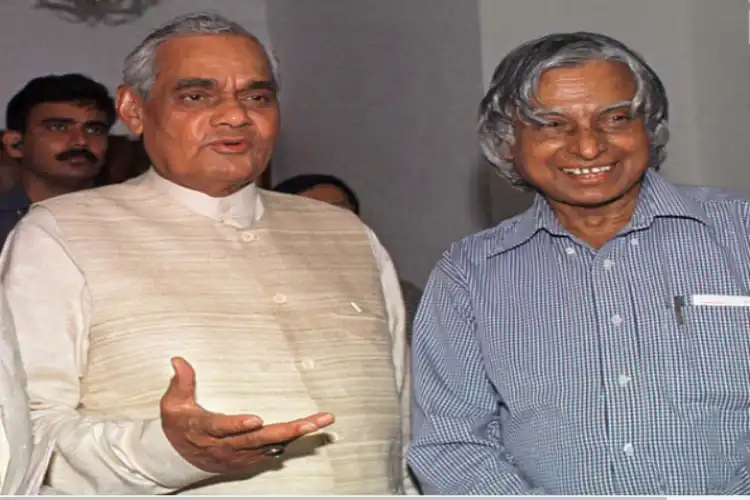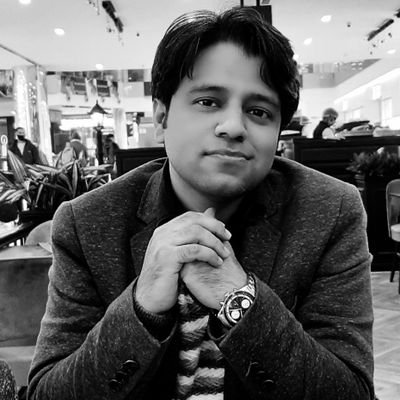
 Saquib Salim
Saquib Salim
Indian Muslim children growing up at the turn of the millennium, like me, lived in self-doubt and fear of being judged by people around. I don’t know if any psychologist has explored the impact of social and political changes on Indian Muslim children. As someone belonging to that era, I can assure you that a whole generation was living a life of incredulity.
One of the most admired Indian Muslims of the 1990s, Mohammad Azharuddin was banned from cricket on accusations of match-fixing in 2000. The WTC attack on 9/11 next year was a watershed moment for the perception of Muslims across the globe. If this was not enough more insecurity crept into the Muslim psyche with deadly riots in Gujarat a few months later. People were now blaming Islam for all the mayhem. Opinions published in newspapers wondered why at the center of every problem we find Muslims. Islam was being equated with extremism and anti-modernism.
On one hand, we used to hear stories that the Prophet Muhammad asked his followers to gain knowledge of every kind from any possible source but on the other, it was difficult for young ones to find a role model who was a devout Muslim, had a modern scientific approach and practiced secular values as were being taught in Quran and Hadith.
On the periphery of those dark clouds of despair, there emerged a silver lining. That single ray of hope brightened up the whole Indian Muslim community. We, the school kids, have got our role models. Now, we can counter that Islam, modern sciences, and secularism are not innately clashing ideas. That ray of hope was Avul Pakir Jainulabdeen Kalam. He ascended to the highest post in the Indian Republic not as a politician but for his services as a scientist.
APJ Abdul Kalam was already a public figure by that time but becoming the President of India instilled inexplicable confidence. I remember how, I, a student in 9th standard, felt elated on being asked questions about Abdul Kalam at school quiz competitions and not about Osama bin Laden and such dark figures. It gave us a sense of security and belonging. We felt that Islam and modernity are not anti-thesis of each other.
After two decades people might not understand but at that time Kalam came as the Sun to us, the Sunflowers. He had a celebrity status mostly reserved for movie stars or cricketers. We were curious about him. He was a perfect role model for Indian children in general and Indian Muslims in particular.
Kalam came from a poor family, and studied at a Madrasa and later at modern educational institutions. He offered namaz, read the Quran, and read Gita as well. He followed Indian culture, practiced Islam, and applied modern sciences. The Indian missile program and later nuclear development owe a lot to his scientific and administrative skills. India honoured him by choosing him as President. The nation reiterated its secular credentials, Kalam reaffirmed Indian syncretism and we got a role model who was a beautiful amalgam of Islam, Indian culture, and science.
Kamal’s rise on the national scene had a great influence on Indian Muslims. When we debate the reasons behind the surge of Muslims making it to the coveted Civil services, IITs, and higher educational institutions, rareky do we acknowledge that it’s a generation inspired by Kalam that is competing at these examinations. A person who was 12 years old in 2002, must be taking UPSC or any other such examination after 2014.
The Muslims also felt confident that education will not jeopardize their commitment to Islam. This led to several community-level initiatives for Muslims' education. What we are witnessing today as giant trees were the seeds sown by Kalam in the form of an idea.
Today, Muslim youth have many role models but none have inspired them more than Kalam.
Indians in general consider Dr. A P J Abdul Kalam a hero owe him a bigger gratitude.
ALSO READ: Ex-aide says Kalam was a smart man manager
